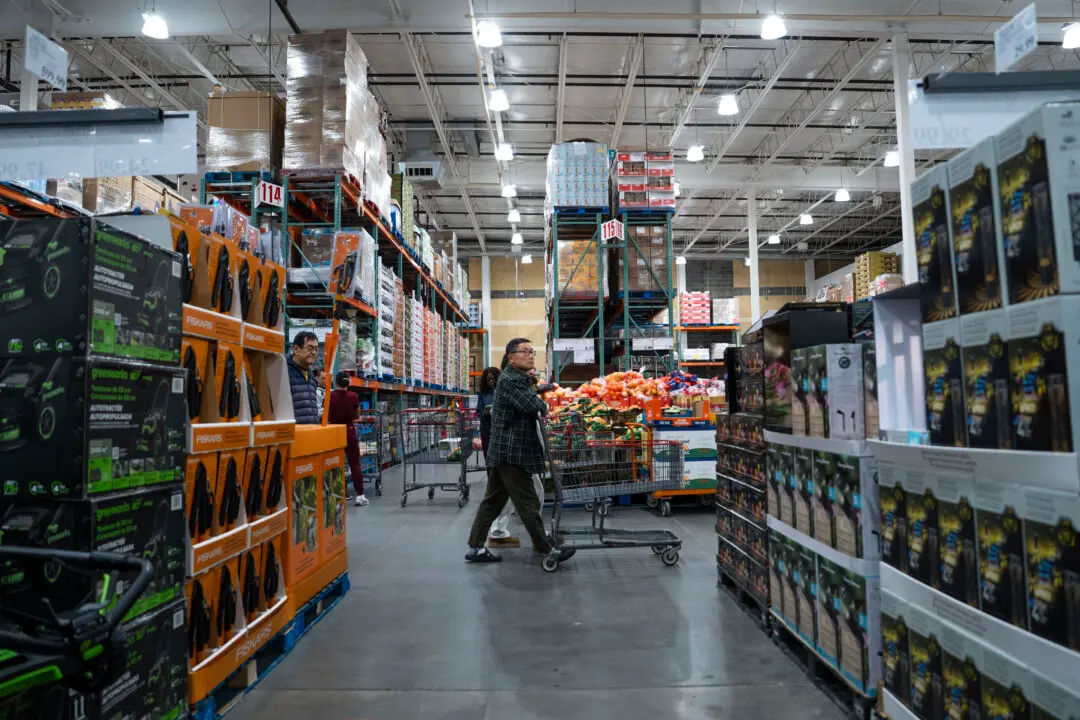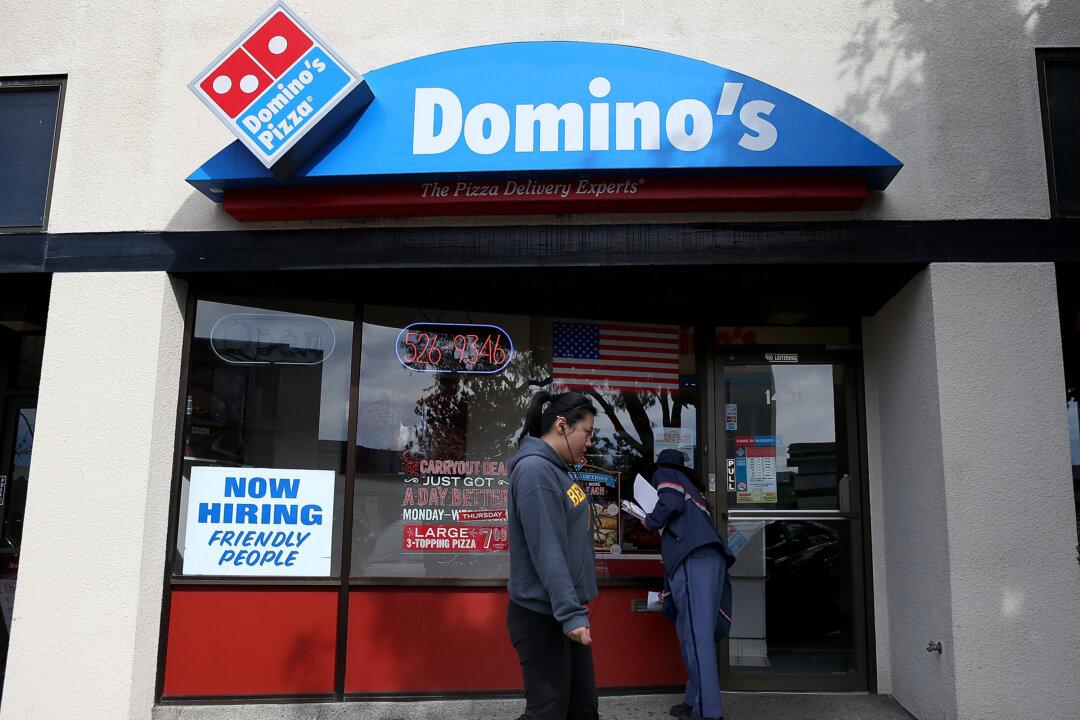News Analysis
For close to 47 million Americans, it was the best of times, and it was the worst of times. Indeed, the current cost-of-living crisis devastating millions of seniors nationwide has forced many to look back at the choices they made throughout their prime working years.






